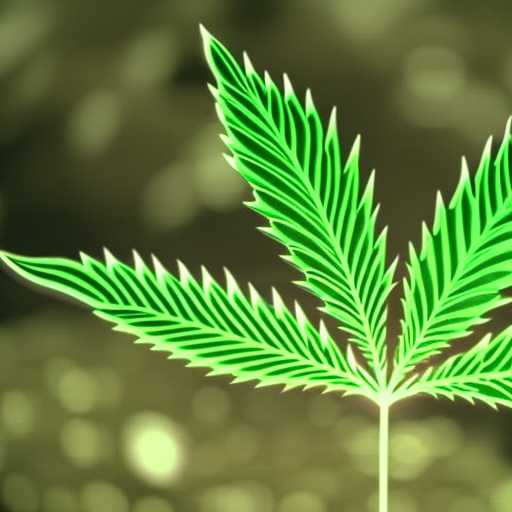 A recent study has shed light on the effects of using marijuana before sleep on various performance measures the following day. The study, conducted by researchers from Macquarie University, the University of Sydney, Royal Prince Alfred Hospital, Griffith University, and Johns Hopkins University, aimed to investigate the impact of THC and CBD on insomnia in adults who infrequently used marijuana.
A recent study has shed light on the effects of using marijuana before sleep on various performance measures the following day. The study, conducted by researchers from Macquarie University, the University of Sydney, Royal Prince Alfred Hospital, Griffith University, and Johns Hopkins University, aimed to investigate the impact of THC and CBD on insomnia in adults who infrequently used marijuana.
The results of the study indicated that a single oral dose of 10 mg THC in combination with 200 mg CBD did not significantly impair cognitive function or driving performance the next day compared to a placebo. This finding is particularly relevant given the widespread use of cannabis as a sleep aid and concerns about its potential impact on daytime activities, especially tasks like driving that require alertness and focus.
The study involved 20 adults with physician-diagnosed insomnia who were randomly assigned to receive either a placebo or the THC-CBD mixture. Cognitive tests were administered within two hours of waking, while driving performance was assessed 10 hours after administration using a fixed-base driving simulator. Participants also reported their subjective experiences at various time points throughout the day.
The results revealed no significant differences in cognitive function or driving performance between the THC-CBD group and the placebo group in most tests. While there was a slight reduction in accuracy on one cognitive test, researchers deemed this difference clinically insignificant as both groups performed well overall. Additionally, no impairments in driving performance were observed following cannabis use the night before.
The researchers highlighted that commonly prescribed sedative-hypnotics, such as benzodiazepines and zopiclone, are known to impair next-day function, unlike cannabis. They also acknowledged the limitations of their study, including the small sample size and reliance on a single dose of cannabis oil. Future research should explore the effects of repeated dosing with THC and CBD on daytime function to provide a more comprehensive understanding of how medical cannabis affects individuals with insomnia.
Contrary to popular belief, the study found no evidence that marijuana consumption leads to a hangover-like effect the next day. Participants reported feeling some residual effects like sleepiness and changes in mood but did not experience significant impairment in cognitive function or driving performance. This aligns with other recent studies that have debunked stereotypes about cannabis users being lazy or unmotivated.
Overall, research into the potential benefits of marijuana for sleep quality and daytime functioning continues to yield promising results. Studies have shown that cannabis may improve sleep quality in individuals with chronic health conditions or neurological disorders. Moreover, consumers have reported better outcomes and fewer side effects compared to traditional sleep aids when using marijuana to help them fall asleep.
In conclusion, while further research is needed to fully understand the long-term effects of cannabis use on cognitive function and driving performance, current evidence suggests that using marijuana before bedtime does not cause significant impairment the next day. With proper dosing and monitoring, medical cannabis may offer a safe and effective alternative for individuals struggling with insomnia without compromising their daytime activities.

